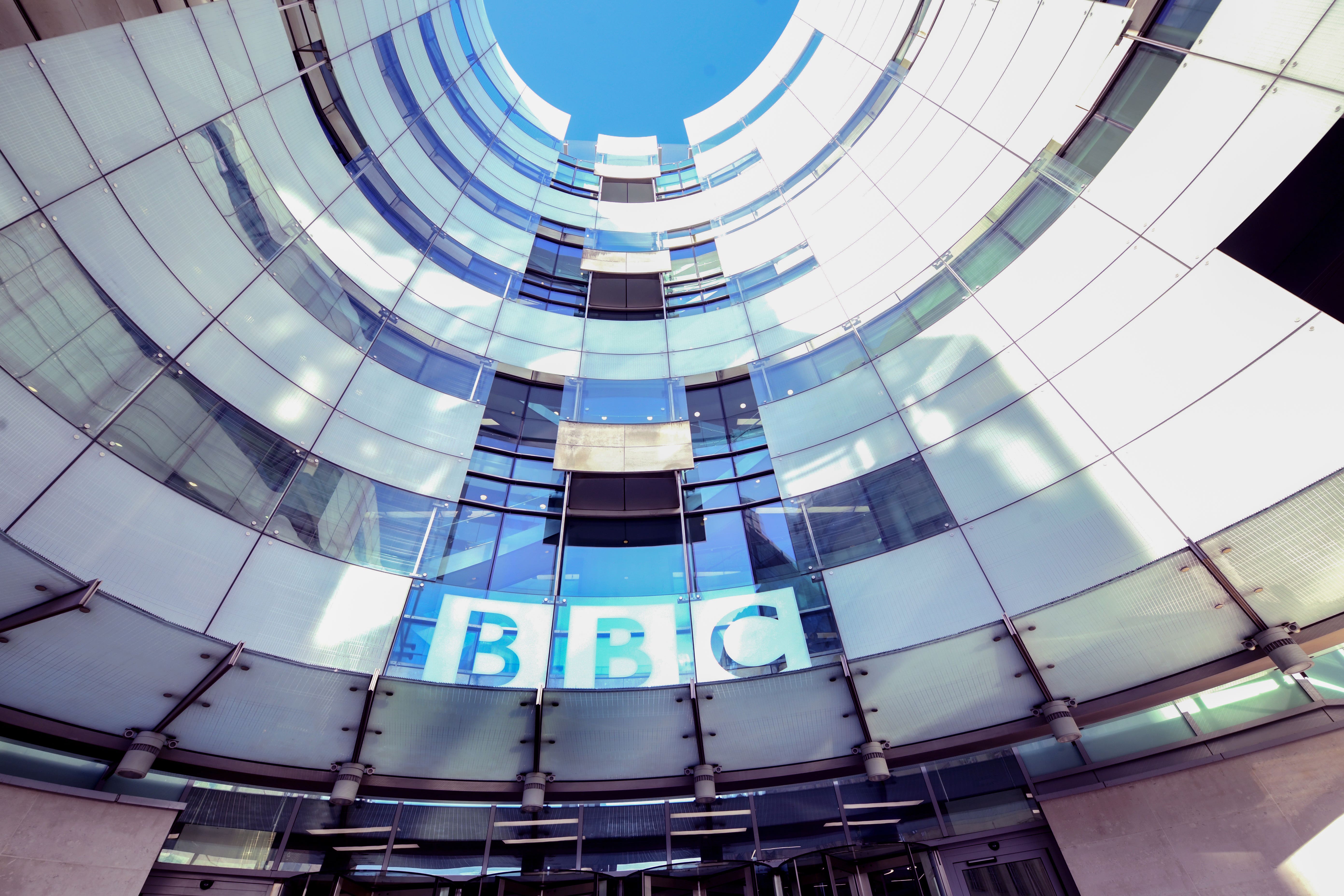Ofcom accepts BBC radio cuts to expand local online news prompting media outcry
The chief executive of News Media Association said the BBC’s plans will ‘directly threaten the sustainability of local news’.

Your support helps us to tell the story
From reproductive rights to climate change to Big Tech, The Independent is on the ground when the story is developing. Whether it's investigating the financials of Elon Musk's pro-Trump PAC or producing our latest documentary, 'The A Word', which shines a light on the American women fighting for reproductive rights, we know how important it is to parse out the facts from the messaging.
At such a critical moment in US history, we need reporters on the ground. Your donation allows us to keep sending journalists to speak to both sides of the story.
The Independent is trusted by Americans across the entire political spectrum. And unlike many other quality news outlets, we choose not to lock Americans out of our reporting and analysis with paywalls. We believe quality journalism should be available to everyone, paid for by those who can afford it.
Your support makes all the difference.Ofcom has preliminarily accepted requests from the BBC to make cuts to their radio output with the resources being invested into its local online news offering, prompting a backlash from local media.
The media watchdog said the impact of the plans, which come as part of the broadcaster’s new digital-first strategy, on the total revenues of online local news providers would likely be less than 1%.
It said: “While the proposals will mean that the volume of BBC online local news content may grow and attract more audience, it will not necessarily replace the interest in and consumption of commercial online local news content that already exists.
“This leads us to conclude that the change is not one that may have a significant adverse impact on fair and effective competition and so we do not, therefore, consider the change to be ‘material’.”
However, Owen Meredith, chief executive of News Media Association, said they believe the BBC’s expansion into local news will “directly threaten the sustainability of local news titles” and could lead to a “loss of jobs for local journalists”.
He added: “We are extremely disappointed that Ofcom have reached this conclusion and chosen not to halt these damaging plans from the BBC to cut funding to respected local radio production and instead invest further in online local news, which is already well served by commercial local news providers.
“We strongly urge the BBC to think again, and instead to build meaningful partnerships with commercial publishers to ensure a healthy and plural local news ecosystem – working with us, and not against.
“We believe this expansion from the BBC will directly threaten the sustainability of local news titles and risks leading to the loss of jobs for local journalists.”
On Wednesday, the UK regulator said they were proposing to accept two out of three of the BBC’s requests to revise its operating licence during a consultation, as the broadcaster aims to make savings in broadcast news so additional money can be invested in its video and online news provision.
Live music is a key element of the distinctiveness of BBC Radio 2, which is important to safeguard with quotas,
As part of this, the BBC intends to expand its local online news offering in England, Ofcom said.
The regulator proposed to accept the broadcasters request to reduce the quota for news and current affairs on Radio 5 Live from 75% to 70%, to allow extra sports content.
It also proposed to accept the request to reduce certain quotas for news and non-news programming on the opt-out service, enabling the BBC to “increase it’s investment in online news,” it said.
However, Ofcom proposed to reject the broadcaster’s request to remove the quota for live music on BBC Radio 2.
“Live music is a key element of the distinctiveness of BBC Radio 2, which is important to safeguard with quotas,” the regulator said.
“We propose instead to amend the quota to exclude repeats and apply only to genuinely live or new specially recorded music.”
Ofcom said it will closely monitor the progress of the BBC’s proposals and if evidence emerges of harm to competition, they won’t “hesitate to step in using our BBC competition powers”.
A BBC spokesperson said: “The BBC’s regulation needs to evolve for the digital age with built-in flexibility so we can serve audiences with impartial news and distinctive UK content in a fast-changing global market. These proposals will also provide greater transparency and accountability for audiences.
“Our small number of proposals for change focus on the need to better serve audiences and increase value for money.”
Ofcom is inviting interested parties to give their views on these proposals which must be submitted by 18 January 2023, taking all responses into account before reaching it’s final decision, it said.